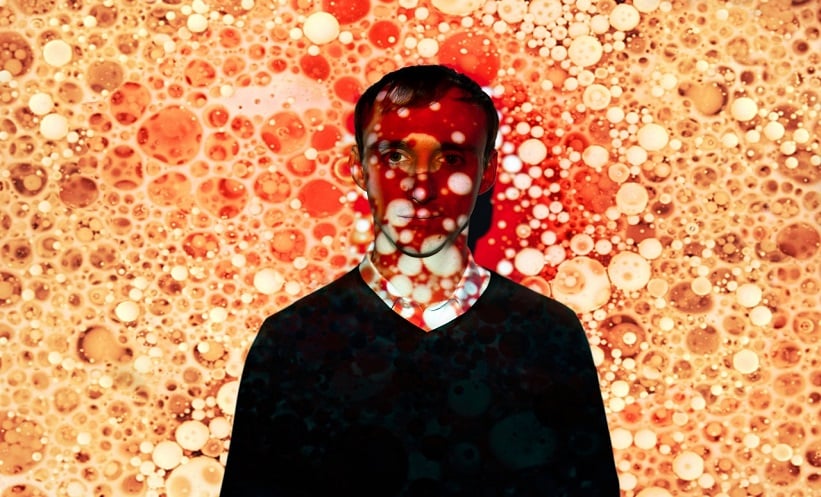PROMISING results of a newly advanced chimeric antigen receptor (CAR) T-cell therapy showed that more than triple the period of remission for multiple myeloma (MM) was achievable. The Phase II international clinical trials carried out by UT Southwestern Medical Centre, Dallas, Texas, USA, in nine clinical sites worldwide, involved 128 patients. The response to the new therapy was positive with up to one-third of the participants reaching full remission with no traces of cancer.
More than 32,000 people are diagnosed with MM each year. The cancer, affecting mainly plasma cells, exposes patients to life-threatening infections by attacking the bone marrow and reducing the immune system response. Currently, there are three main drug and antibody treatments available for MM: proteasome inhibitors, immune system modulating drugs, and antibody treatments. The participants of the clinical trial had received these antimyeloma treatment regimens and 120 underwent stem cell transplantation prior to the study.
The T-cell therapy used in this study, called idecabtagene vicleucel (ide-cel), or bb2121, involved participants’ own harvested T cells from their blood, manipulated to target B-cell maturation antigen, a molecule that is usually found in both plasma and myeloma cells. A 2-week observation period was in place during the transfusion of the T cells for doctors to record the side effects of ide-cel therapy. Some of the common side effects included anaemia, thrombocytopenia, and a drop in both white blood cells and blood platelets. According to the researchers, severe side effects were rarely observed and the common low blood count side effects were manageable.
“One of the nice things we saw in this study was that the rates of severe CAR T-cell-related toxicities, called neurotoxicity and cytokine release syndrome, were very low in multiple myeloma compared to what we have seen with lymphoma CAR T-cell infusions,” said Dr Larry D. Anderson, co-first author and Associate Professor of Internal Medicine, UT Southwestern Medical Centre. There are several ongoing CAR T-cell clinical trials for myeloma; this is the first completely published clinical trial for CAR T-cell data from an U.S. Food and Drug Administration (FDA)-registered clinical trial.







